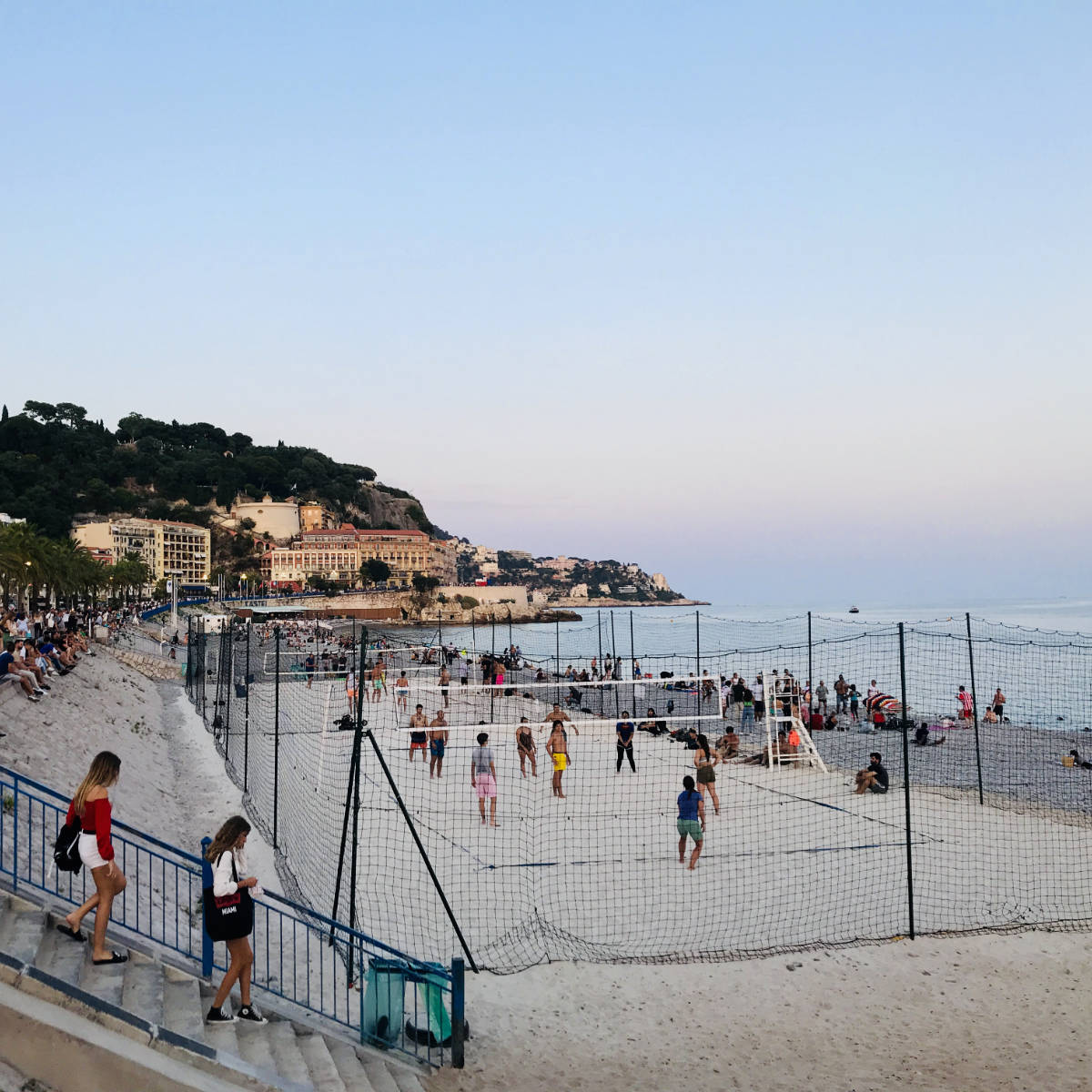When foreigners think of France and work-life balance, they are wooed by the impression of 35-hour work weeks and lengthy annual leaves.
While the 35-hour work week is a bit of a myth, the vacation time in France is not. (I confess, I also thought about work-life balance when deciding to move to France from North America!)
French law mandates a minimum of 5 weeks vacation per year. And actually, that 5 weeks is a minimum. Most French people get anywhere from 6-10 weeks annual leave depending on their profession and where they work. And this is on top of paid public holidays.
To be fair, this is the case in most European countries, not just France. But if you are looking on from U.S. or Canada as I was, you may gape at these figures.
I had an American friend who moved to France for a couple of years, who negotiated his relocation expat work contract to include all sorts of bonuses. However, he didn’t think to negotiate his vacation time, as he assumed his 3-4 weeks were more than enough.
He soon found out that not only do the French get much more vacation time, they actually use all of it up. This is why if you are expecting a response to a query in France, normal business etiquette would dictate that you give at least a few days to await an answer.
In addition, during the long summer months you can expect that everybody is on holiday. July and August will see almost 1/2 of employees off at any given time. Months like May and December also have a lot of public holidays.
☞ READ MORE: Best cities to live in France
The History
It didn’t always start out this way. It was 1789 and there was still no such thing as “workers’ rights”. But France was broke and French workers were starving. They were being asked to pay yet another tax. (Plus, they imagined that it was going to fund another one of Marie-Antoinette‘s dresses.)
And so the French people protested. Violently. Palaces were ransacked and destroyed. The elite lords were put to the chopping block, and old institutions were overthrown.
In a short period of time, the 1789 French revolution had changed the country fundamentally. Elections were held for the first time, and new leaders came to power. The impossible had become possible, with the power of “the people”.
A few years later Napoleon Bonaparte established a code of workers’ rights. Under Napoleon, workers did not have the right to strike. But he did establish a system of labor courts known as the Conseil de Prud’hommes. Smaller labor courts had existed in Paris before in certain industries, but under Napoleon, this became nationwide.

The first vacations in France were voted on in 1936 by the Front Populaire party who legalized 2 weeks off. It then increased to 3 weeks in 1956, and 4 weeks in 1969 and finally 5 weeks in 1981 after many hard fought protests.
Today however, most firms actually offer anywhere from 6 weeks on up, along with plenty of other work benefits. Added to the legalized vacations, are the weeks added on in conjunction with negotiations with unions, which usually takes place by industry.
Annual leave in France by sector
So not all French vacations are created equal. Industries are organized by sector and each sector negotiates with the majority union in that sector.
The Ministry of Travail (Work) and INSEE (government statistical agency) reported that on average, public sector employees on average get around 56 days annual leave.
Cadres who are senior white collar workers get around 44 vacation days while blue collar workers get between 28-33 days. The number of days is usually dictated by the employee’s general seniority and the size of the company.
RTT Floating days
There are also days added for Réduction du temps de travail (RTT), which is the days that are legally mandated to be given off for working more than 35-hours a week. (Yes, as I said that famous 35-hour work week is a myth.)
A lot of workers have around 5-10 RTT days to compensate for working more than 35-hours a week, that they can spread out across the year as they wish. Unlike vacation days that sometimes be carried forward to the next year, RTT days usually must be used or lost.
Effectively, many employees use these RTT days to “faire le pont”, meaning “make a bridge”, using these days to take long weekends, especially when a public holiday falls on a Tuesday or a Thursday.
I should note however, that there is no specific allocation for sick days or “mental health days”. If a French doctor signs off on a person’s illness, they can have any number of days to take off, based on the doctor’s prescription. In certain cases, the 1st couple of days could be unpaid, but most employers actually do cover that cost as well (as negotiated with their company union).
In practical terms after all this, a majority of employees and workers get anywhere from 8-10 weeks total vacation days, and certain government workers can get up to 12 weeks.
While French people can spread out that annual leave over the year, the standard is to take a minimum 3 weeks in either July or in August. The only debate is would you rather be a juilletiste or an aoûtien?

So does all this vacation time make you ready to move to France? If you enjoyed this article, you may like to read more about the work culture in France. A bientôt!




